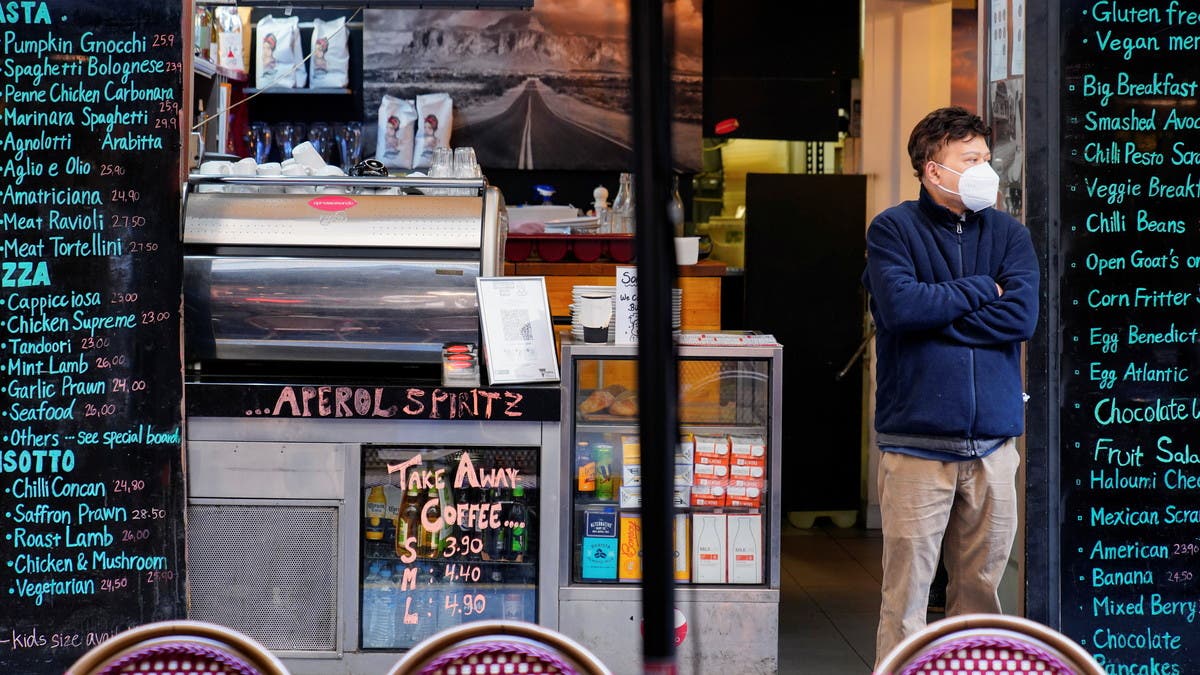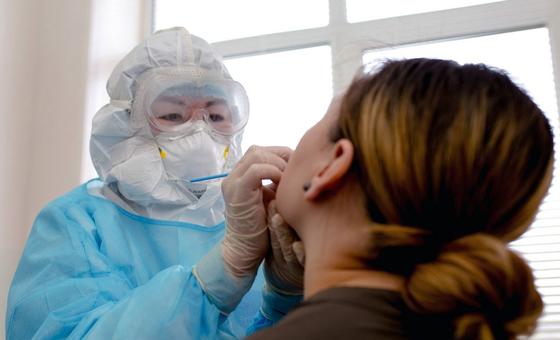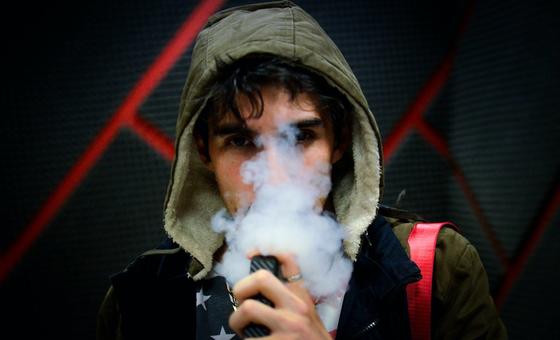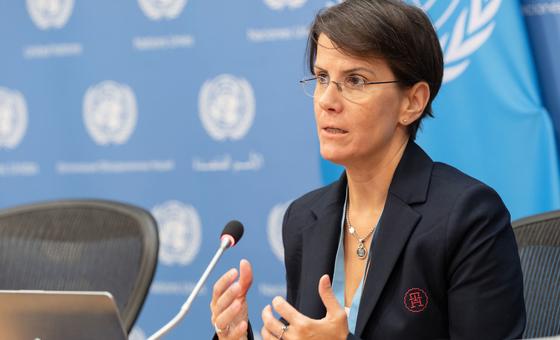Australia will seek to make urgent changes to COVID-19 testing rules to ease pressure on test sites as infections surged and the country’s most populous state reported a near doubling in daily cases.
Prime Minister Scott Morrison said on Wednesday Australia needed “a gear change” to manage testing requirements, redefine who qualifies as a close contact and the furlough of virus-exposed workers. He called a snap meeting of the national cabinet on Thursday.
For more coronavirus news, visit our dedicated page.
“We just can’t have everybody just being taken out of circulation because they just happen to be at a particular place at a particular time,” Morrison said during a media briefing.
Morrison’s proposed rules on close contacts could mean most people do not have to get PCR tests or isolate themselves, cutting long lines at test sites and 72-to-96-hour waits for lab results.
A growing number of countries, including the US and Britain, have shortened the recommended isolation time for asymptomatic cases.
The proposal on new testing requirements comes as Queensland promised to relax rules for interstate travelers with domestic arrivals needing only a negative rapid antigen test result to gain entry from Jan. 1 rather than the PCR test. Morrison said A$375 million ($271 million) will be used to buy millions of additional rapid antigen test kits.
Queensland’s so-called “tourism tests” came under severe criticism from New South Wales after holiday travelers crowded its testing hubs, causing delays in results of several days.
‘IT’S INSANITY’
Even with soaring infections, some testing centers in Sydney were closed following the public holidays and those that were open had long walk-in and drive-in queues.
“It’s insanity,” 44-year-old Hayden Anderson, who is battling liver cancer told Reuters. “Why are all the testing centers shut?”
Anderson had a PCR test after a friend he caught up with just before Christmas tested positive. When he went for a follow-up test, the site was closed.
After seeing long lines at other testing hubs, he settled for a rapid antigen test at home, but with soaring cases he is concerned he might struggle to get a PCR test, as required, ahead of his next chemotherapy appointment on Jan. 11.
“It’s like walking a tightrope right now,” he said.
Australia is in the grip of an outbreak of the highly infectious omicron variant, with the country’s new daily infections spiking to nearly 18,300, eclipsing the previous pandemic high of around 11,300 hit on Tuesday.
Cases in most states climbed to one-day records with New South Wales, Australia’s most populous state and home to Sydney, reporting a near doubling in infections to 11,201.
Despite the rapid spread of the omicron variant, Morrison has so far ruled out lockdowns, urging people to focus on the number of patients admitted to hospitals.
For all the latest headlines follow our Google News channel online or via the app.
While hospitalizations have crept up, they are still off the peak of the delta wave.
Despite the omicron and delta waves, Australia’s COVID-19 numbers are still among the lowest in the world with about 341,500 cases and 2,210 deaths, thanks to strict social distancing rules and tough border restrictions. But most states have now begun to live with the virus after higher inoculation levels.
Read more:
Australia COVID-19 numbers surge as omicron outbreak strains domestic politics

 World2 years ago
World2 years ago
 World2 years ago
World2 years ago
 Entertainment7 years ago
Entertainment7 years ago
 World7 years ago
World7 years ago
 Entertainment7 years ago
Entertainment7 years ago






